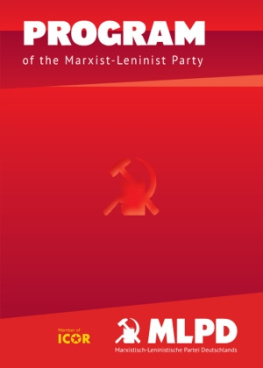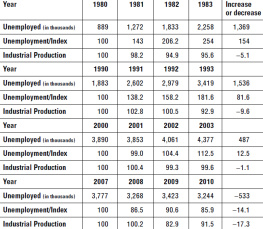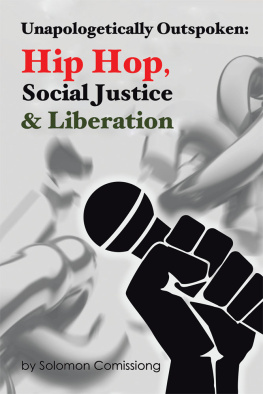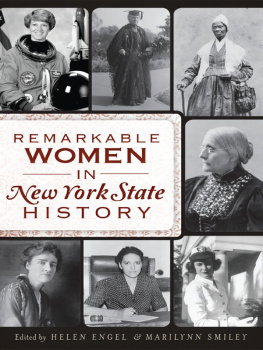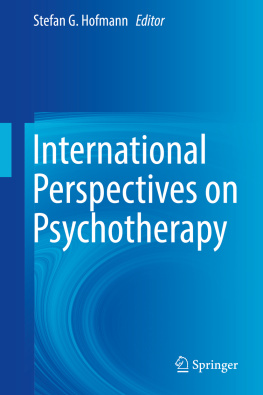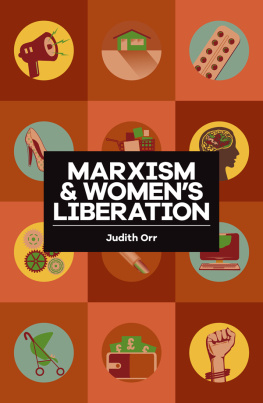Editorial Team Revolutionrer Weg
headed by Stefan Engel and Monika Grtner-Engel
Koststrasse 8, D-45899 Gelsenkirchen, Germany
New Perspectives for the Liberation of Women
A Polemical Treatise
First published in the series
Revolutionrer Weg (Revolutionary Way)
No. 27, 1999, and 28, 2000
Published in German in May 2000
by VNW Verlag Neuer Weg GmbH
(New Road Edition)
Alte Bottroper Strasse 42, D-45356 Essen
Germany
Cover illustration by Erdal nal
eISBN: 9783880214224
I wish to dedicate this book to my comrade in struggle and close friend of many years, Helga Janzik, a charwoman from Gelsenkirchen. She embodied, as much as anyone could, the militant unity of the proletarian womens movement of the Ruhr district with the revolutionary enthusiasm for genuine socialism. In 1977 she organized the first charwomens strike in the history of the German working-class movement. She was a simple, indomitable woman who, after being politically disciplined, spent the remaining 20 years of her life in poverty. Yet until her death in 1997 she never ceased to stand up for others mainly for the youth.
Foreword
The living conditions of the broad masses in Germany have been deteriorating since the policy shift towards the dismantling of social reforms at the beginning of the eighties. Fundamental needs of life have been called into question as a result. Apart from the intensified exploitation of wage labor and mass unemployment as a chronic phenomenon, mainly the special exploitation and oppression of women have become plainly visible. Women have developed a new self-confidence owing particularly to their involvement in social production and in the different social movements. This has again enhanced public awareness of the struggle for their liberation. This struggle is inseparably interrelated with the development of proletarian class struggle.
The omissions and errors of the Marxist-Leninist and working-class movement in this area over the last decades thus weigh all the more heavily. In particular, the theoretical work to develop Marxism-Leninism systematically further as regards the struggle for the liberation of women and its inseparable connection with proletarian class struggle has been neglected. The theoretical foundations already laid for this by Marx, Engels and Lenin were put aside, thus allowing scope to reformist and revisionist falsifications of these foundations.
This made it easier for bourgeois feminism in Germany to gain substantial influence on social development and to restrict the womens movement largely to the attainment of formal equality.
Petty-bourgeois feminism was able for a time to gain a dominating influence over the womens movement following the failure of the student movement of the sixties. Unlike bourgeois feminism, it reached precisely the active and militant potential among women. All its radicalism notwithstanding, the petty-bourgeois womens movement succeeded at most in creating awareness of the reality of social inequality between men and women and wresting a few reforms from society. Certainly it also contributed to the increased self-confidence of many women and to the breaking of a number of social taboos. But petty-bourgeois feminism actually was never able to play a society-changing role. Instead, it has a disorganizing effect on the militant womens movement.
After initial controversy, it was easy for those in power to incorporate petty-bourgeois feminism into their society-preserving system of the petty-bourgeois mode of thinking. Since then, with a network of reformist and feminist projects for women and the allowance of extensive media coverage and government aid, the petty-bourgeois feminist mode of thinking has been employed systematically to split the militant workers and peoples movements, and to form a barrier to prevent the independently organized womens movement from swinging towards revolutionary class struggle. In this role, petty-bourgeois feminism is even directly reactionary.
Unless petty-bourgeois feminism is overcome, the militant womens movement will not be able to fill its strategic role in revolutionary class struggle! Unless Marxism-Leninism and the doctrine of the mode of thinking based thereupon are decisively advanced, it will not be possible to bring the superiority of the proletarian mode of thinking to bear on the struggle against the petty-bourgeois mode of thinking in the militant womens movement and to overcome petty-bourgeois feminism!
In West Germany, the formal, legal equality of women had largely been attained by the end of the seventies. Since then, their actual social disadvantagedness has become all the more clear for it. But only a minority are aware that this is conditioned by the capitalist mode of production and the mode of life this entails in bourgeois society.
As long as the German Democratic Republic pursued socialist construction, it was vastly superior to the FRG on this count. But with the restoration of capitalism as of the end of the fifties, the process of womens liberation broke off. Now everything was subordinated to the profitable inclusion of women workers in the production process. True, the social status of women in the GDR was still incomparably higher than in reunited Germany. Nonetheless, the liberated woman in the GDR was never more than a myth because of the restoration of capitalism.
The critique of the bourgeois and petty-bourgeois mode of life of society constitutes a necessary foundation of any struggle purposefully directed towards emancipating women. This critique must not in any way be limited to the specific situation of women, but must uncover, in all its aspects, the entire system of exploitation and oppression in state-monopoly capitalism. The social liberation of the working class and the liberation of women are two facets of the joint struggle for a liberated, socialist society.
The militant womens movement, apart from having proletarian women as its decisive core, must be composed of members of more or less all strata of the population. Only then can it become the most important link between the working-class movement and the rest of the mass movement in the fight against exploitation and oppression, and for socialism. It can only accomplish this tremendous task if it comprehends the interconnectedness of social liberation and womens liberation in the present-day reality of society. This issue of the theoretical organ of the MLPD seeks to further this comprehension.


